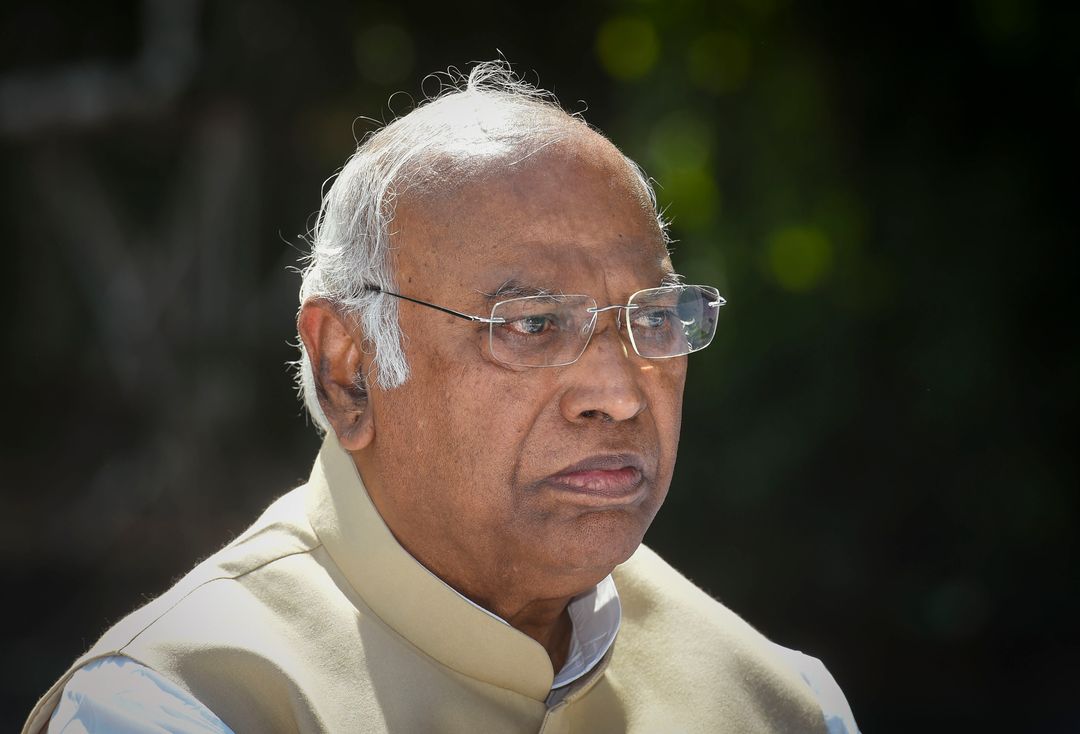
Delay in Census Affecting Welfare Schemes: Kharge
Leader of Opposition in the Rajya Sabha, Mallikarjun Kharge, on Tuesday strongly urged the government to immediately commence both the decadal and caste census, highlighting serious concerns that delays have excluded many people from welfare schemes.
Speaking during Zero Hour in the Rajya Sabha, Kharge emphasized India's longstanding practice of conducting a census every decade since 1881. Historically, this critical exercise has proceeded uninterrupted, even during wars, emergencies, and other crises.
Historic Context and Importance of Census
Drawing parallels to historical precedents, Kharge noted that a caste census had been successfully conducted alongside the regular census in 1931. He recalled Mahatma Gandhi’s statement ahead of the 1931 census, who emphasized that a periodic census is as essential to a nation as regular medical checkups are to human health.
Kharge underscored the census's extensive scope, stating, "The census is a crucial exercise involving a large number of people, who gather comprehensive data not only on population figures but also employment, family structures, socio-economic conditions, and other critical factors."
Unprecedented Delay in Census Operations
Kharge criticized the government for the unprecedented delay in conducting the decadal census, describing it as unfortunate and historically significant. He pointed out that even during critical phases such as World War II and the India-Pakistan war of 1971-72, census operations had continued without disruption.
"It is unfortunate that, for the first time in history, the government has made a record delay," Kharge remarked.
Need for Comprehensive Caste Census
In addition to the general census, Kharge insisted on the importance of a caste census, highlighting that data collection on Scheduled Castes (SC) and Scheduled Tribes (ST) already occurs, suggesting an extension to cover other castes would be practical and beneficial.
"Despite this feasibility, the government remains silent on both the general and caste census," Kharge said.
Implications of Census Delay on Welfare Policies
Kharge expressed deep concern over the insufficient budget allocation of just Rs 575 crore for the census this fiscal year, interpreting it as evidence of the government's reluctance to carry out the census. He argued that this delay directly impacts welfare schemes, as numerous critical programs depend on accurate census data.
He emphasized that policies formulated without reliable and updated census data often become arbitrary and ineffective, excluding many deserving beneficiaries. Key surveys and welfare programs, including the Consumer Survey, National Family Health Survey, Periodic Labour Force Survey, National Food Security Act, and the National Social Assistance Programme, rely heavily on census data for effectiveness and accuracy.
Call for Immediate Action
Highlighting international benchmarks, Kharge noted that approximately 81% of countries worldwide have completed their census operations successfully, despite facing the challenges posed by Covid-19. However, in India, the absence of clear statements or timelines from the government has exacerbated the uncertainty surrounding the census.
Kharge concluded his remarks with an earnest appeal: "I urge the government to immediately initiate the decadal and caste census at the earliest."
The timely execution of these census operations, according to Kharge, remains crucial for informed policymaking, ensuring inclusive welfare schemes, and maintaining the nation's socio-economic health.
Last updated by a enewsx: